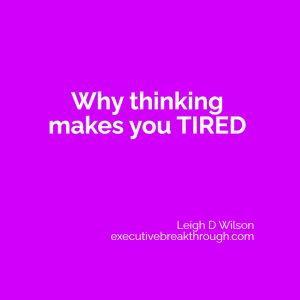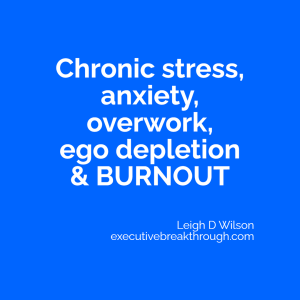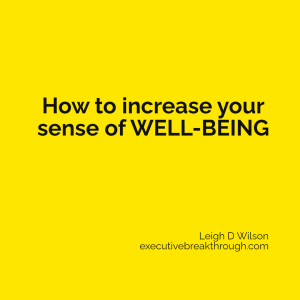Do you find yourself holding yourself back and getting in your own way? You’re not alone. Self-sabotage is a common issue that many of us struggle with. But the good news is, it can be overcome! Here are a few tips to help you stop self-sabotaging and start reaching your goals.
- Identify your triggers. The first step in stopping self-sabotage is to figure out what triggers it. Is it a certain person, situation, or emotion? Once you know what triggers your self-sabotage, you can start to take steps to avoid or manage those triggers.
- Challenge negative thoughts. Self-sabotage often stems from negative thoughts and beliefs. When you find yourself thinking things like “I can’t do this” or “I’m not good enough,” challenge those thoughts. Ask yourself if they’re really true and look for evidence to the contrary.
- Learn how to practice mindfulness. By practising mindfulness for only a few minutes each day you will learn to observe and filter your thoughts. As a result, you will slowly learn that negative thoughts are like clouds that will eventually pass.
- Set realistic goals. Unrealistic goals can lead to feelings of failure and frustration, which can trigger self-sabotage. Make sure your goals are realistic and achievable, and break them down into smaller, manageable steps.
- Reward yourself for progress. Self-sabotage can be a hard habit to break, so it’s important to celebrate your progress and reward yourself for taking steps towards your goals. Treat yourself to a nice dinner, take a relaxing bath, or do something else that you enjoy.
- Practice self-care. Taking care of yourself is crucial when it comes to overcoming self-sabotage. Make sure to get enough sleep, exercise, and eat well. Also, take time to relax and do things you enjoy. Remember, a healthy mind and body can help you better cope with stress and triggers.
- Seek help if needed. Self-sabotage can often be due to unconscious programming that we have taken on board at a young age. Because this is unconscious, it can be difficult to work on by yourself. If this is the case and you find that you’re unable to overcome self-sabotage on your own, don’t hesitate to contact me for a chat on ways that I will probably be able to help you.
Self-sabotage can be a frustrating and difficult thing to deal with, but it’s not impossible to overcome. Remember, it’s okay to make mistakes and slip up. The important thing is to keep moving forward and to be kind to yourself. With time and patience, you’ll be able to break the cycle of self-sabotage and start achieving your goals.
#selfsabotage #stress #anxiety #selfconfidence #selfesteem











